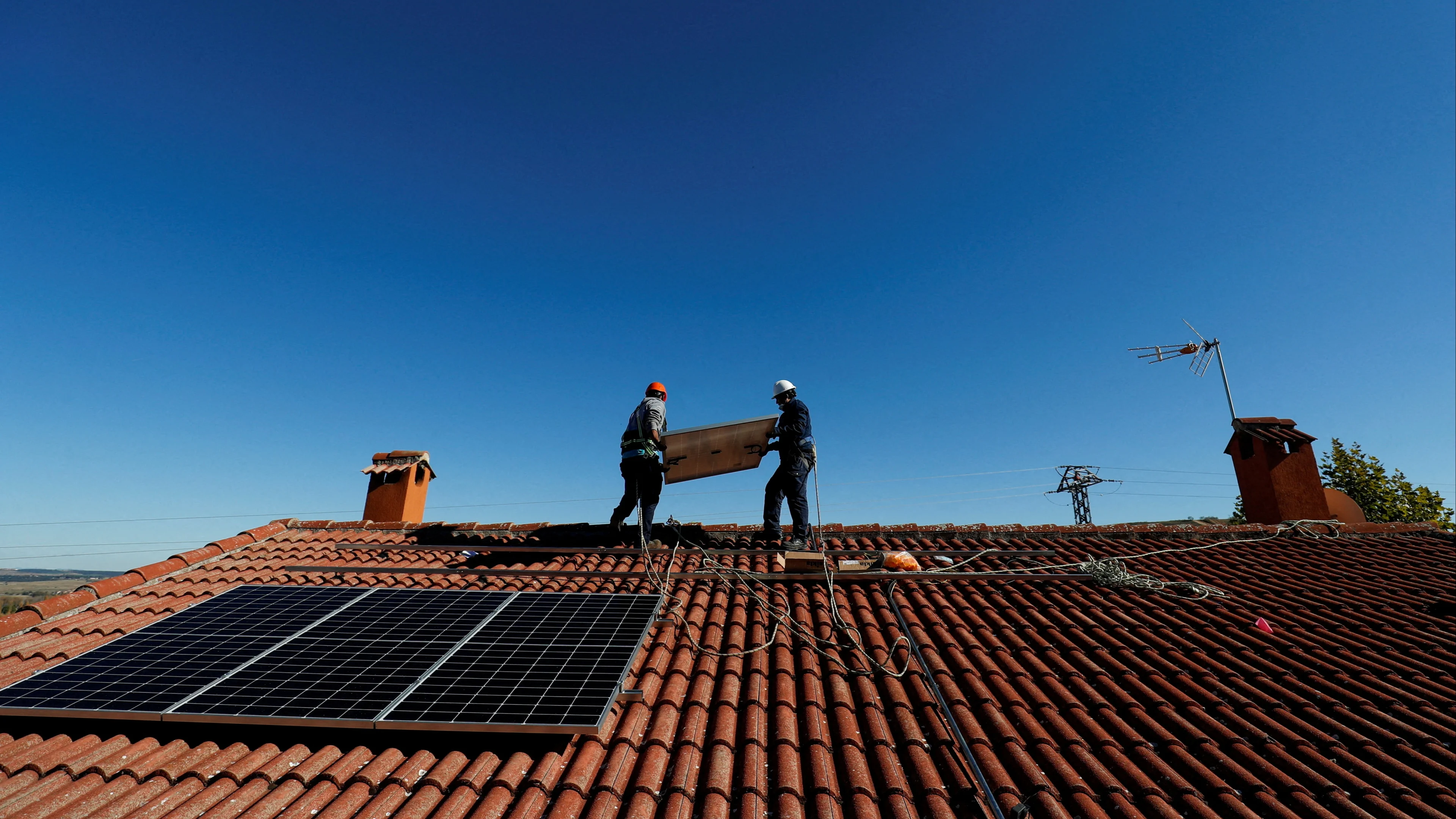
Solar power to overtake oil production investment for first time: IEA
LONDON -Investment in clean energy will extend its lead over spending on fossil fuels in 2023, the International Energy Agency (IEA) said on Thursday, with solar projects expected to outpace outlays on oil production for the first time.
Annual investment in renewable energy is up by nearly a quarter since 2021 compared to a 15 per cent rise for fossil fuels, the Paris-based energy watchdog said in its World Energy Investment report.
Around 90 per cent of that clean energy spending comes from advanced economies and China, however, highlighting the global divide between rich and poor countries as fossil fuel investment is still double the levels needed to reach net-zero emissions by mid-century.
"Clean energy is moving fast — faster than many people realize," said IEA Executive Director Fatih Birol.
"For every dollar invested in fossil fuels, about $1.70 are now going into clean energy. Five years ago, this ratio was one-to-one."
READ MORE: What happens to all those solar panels when they die?
Around $2.8 trillion is set to be invested in energy worldwide in 2023, of which more than $1.7 trillion is expected to go to renewables, nuclear power, electric vehicles, and efficiency improvements.
The rest, or around $1 trillion, will go to oil, gas and coal, demand for the last of which will reach and all-time high or six times the level needed in 2030 to reach net zero by 2050.
Current fossil fuel spending is significantly higher than what it should be to reach the goal of net zero by mid-century, the agency said.
In 2023, solar power spending is due to hit more than $1 billion a day or around $380 billion on a yearly basis.
"This crowns solar as a true energy superpower. It is emerging as the biggest tool we have for rapid decarbonization of the entire economy," energy think tank Ember's head of data insights, Dave Jones, said in a statement.
"The irony remains that some of the sunniest places in the world have the lowest levels of solar investment."
Investment in new fossil fuel supply will rise by six per cent in 2023 to $950 billion, the IEA added.
WATCH BELOW: A plan for integrating solar panels into Canadian cropland
The agency did not expressly reiterate its blockbuster projection from 2021 that investors should not fund new oil, gas and coal supply projects if the world wants to reach net-zero emissions by mid-century.
Producer group OPEC has said calls by the IEA to stop investing in oil undermine global energy security and growth. Scientists and international climate activists have warned the fossil fuel industry exacerbates the catastrophic impacts of climate change.
Reporting by Noah Browning; editing by Aurora Ellis.
Thumbnail image: Alexis Ventura and Nelson Barrios carry out a solar panel installation by Norwegian company Otovo in Algete outside Madrid, Spain, on Nov. 16, 2021. (Susana Vera/REUTERS)











